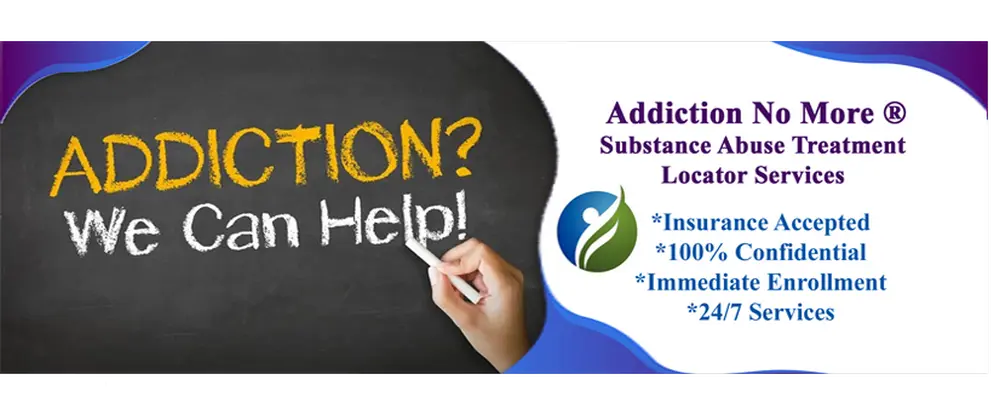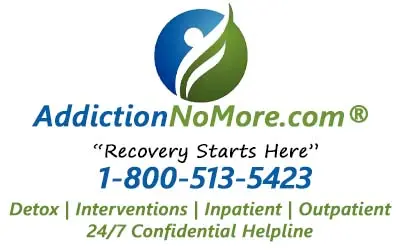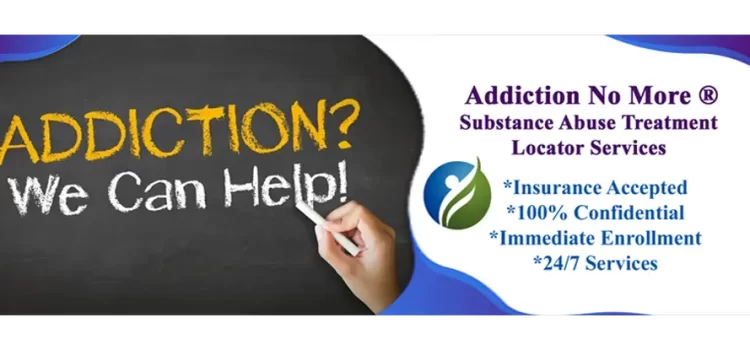Free Addiction Program: Part 2
Setting the date to quit using drugs or alcohol
Be careful in setting this date, as we all know that tomorrow never comes. Setting a date for quitting, that is tomorrow, is something that we all have done. We all know that tomorrow never comes, due to the fact that when we think it is here, it is already today. This makes it so there is always a tomorrow.Do not set the date for a month from now or even next year. Your resolve to stop addiction will fade and it will become business as usual, once again. Consider choosing a date that is meaningful to you and set it for a week or 2 weeks at the most. This will give you time to get prepared mentally and physically. Mark this date on your phone, calendar, or computer, and announce it publicly to friends and family. Making this public will give you more motivation to start on the date you have chosen.
Be sure not to stop the usage of any drug or alcohol without consulting a doctor or detox center. Some drugs and alcohol addictions can be life-threatening to just stop using.

Start getting your home and life ready for the changes that are about to take effect.
Remove triggers such as paraphernalia, and photos of usage, and in some cases turn off news feeds on your social media or delete your account altogether. Also, delete and or remove the people from your life and social media that you used to use drugs or alcohol with. Try to replace the items or people and photos with things that make you feel good and inspire life. Get some good books and movies to help combat the boredom that is sure to fill your mind. Fill your fridge with healthy choices and some indulgent foods to start you on the path to a healthy lifestyle.Make sure that you stop the addiction on the date as planned
When we commit to a task or any task for that matter, we need to do our best to keep that date. Having our friends and family close, on this date can be beneficial to some and not to others. Make this as an informed choice. If you need support, try to get someone who will not be judgmental, abrupt, or a trigger for relapse. Having support will ease the pain of trying this all alone.Look for support. Who can you turn to for support when you need it?
Have a list of people and professionals that will help you on the BAD days. You may think that you can handle this on your own but you will need some help to keep motivated. This does not necessarily mean that you need to get professional help but it sure can’t hurt. Some groups and meetings can help you through the bumps in the road to recovery. There are also online groups for support through Facebook blogs and recovery websites.Look for support from friends and family as well as any materials on cognitive behavioral therapy, skills training, and motivational interviewing, Having a personal therapist who is versed in stopping the addiction process can be very beneficial to the recovery process.
The first few days will seem to be overwhelming and always remember, boredom is the number ONE REASON FOR RELAPSE. Fill your time trying to remember what it is that you do or did for fun, that came before the addiction. Any sort of community projects or clubs can help fill this time and give a sense of giving back. Social interactions and activities will help your brain release the neurotransmitters that make you feel good naturally.
You will need to look at the triggers that evoke the need or want to fall back into addiction.
If you have a drug addiction, there are some places that you would need to avoid until you are strong enough to handle them. Some of the things that you need to avoid will be easy to identify such as friends, places of use, places where you hooked up, and even bars and casinos can be a trigger for some. Knowing and learning what triggers usage is paramount to the recovery process. For now, don’t confront these triggers directly as this can put you in a bad situation and lead to relapse. In time, these triggers will become less and less.Remember, we can not control what we think
Trying to control what we think is a futile process that will take all of your energy and often lead to relapse. The truth that we can not control the random thoughts to use, is an eye-opening realization. The only true thing we can control is how we act on those random thoughts. This principle is one of the most important realizations that translates in life, as well as addiction to drugs or alcohol. Do not fall back to your old habits and friends who want to see you back in the miserable place that they are still stuck in. You will need to make up new habits and routines to avoid these triggers. Change places to eat or have coffee and recreational activities that will put you in the position of seeing old friends or dealers. Give yourself at least 6 months before trying to confront these feelings as they can be too strong for the addict in early recovery. Always refer back to your list for stopping the use of drugs or alcohol.Relapse prevention and overcoming relapse
Relapse is not a part of recovery, but it can happen. There are a few steps that will help it not happen again. Look at what was going on in your life at the time of the relapse, the places you went, the people you saw, and the discussions you had. Make a list of these things and figure out where the trigger was. Once you figure it out, maybe with the help of your ‘go-to friend’ or counselor, find ways not to put yourself in that same position again. Try to make sure that the guilt and shame that you were feeling at the time of the relapse do not consume your life. Realizing that this was a mistake and that you are trying to change, is a big step in the right direction to your recovery. Go back to your list for quitting and then look at your journal of trials and successes and this will help you get back on the path to recovery. Make sure that you reward and celebrate the achievements and goals you have accomplished.
Today can be the start of your new life. Entering into a Drug Rehabilitation Center is just one phone call away. Start the healing today. Our certified counselors are here to help you find the most affordable treatment center in or outside of your area. Addiction No More’s certified counselors are here 24 hours a day, 7 days a week to answer your questions.
1-800-513-5423
Free Addiction Program: PART 1
Erik Epp – Content Author




